
Hello Alfred
Supporting CTO vision in rapid national expansion
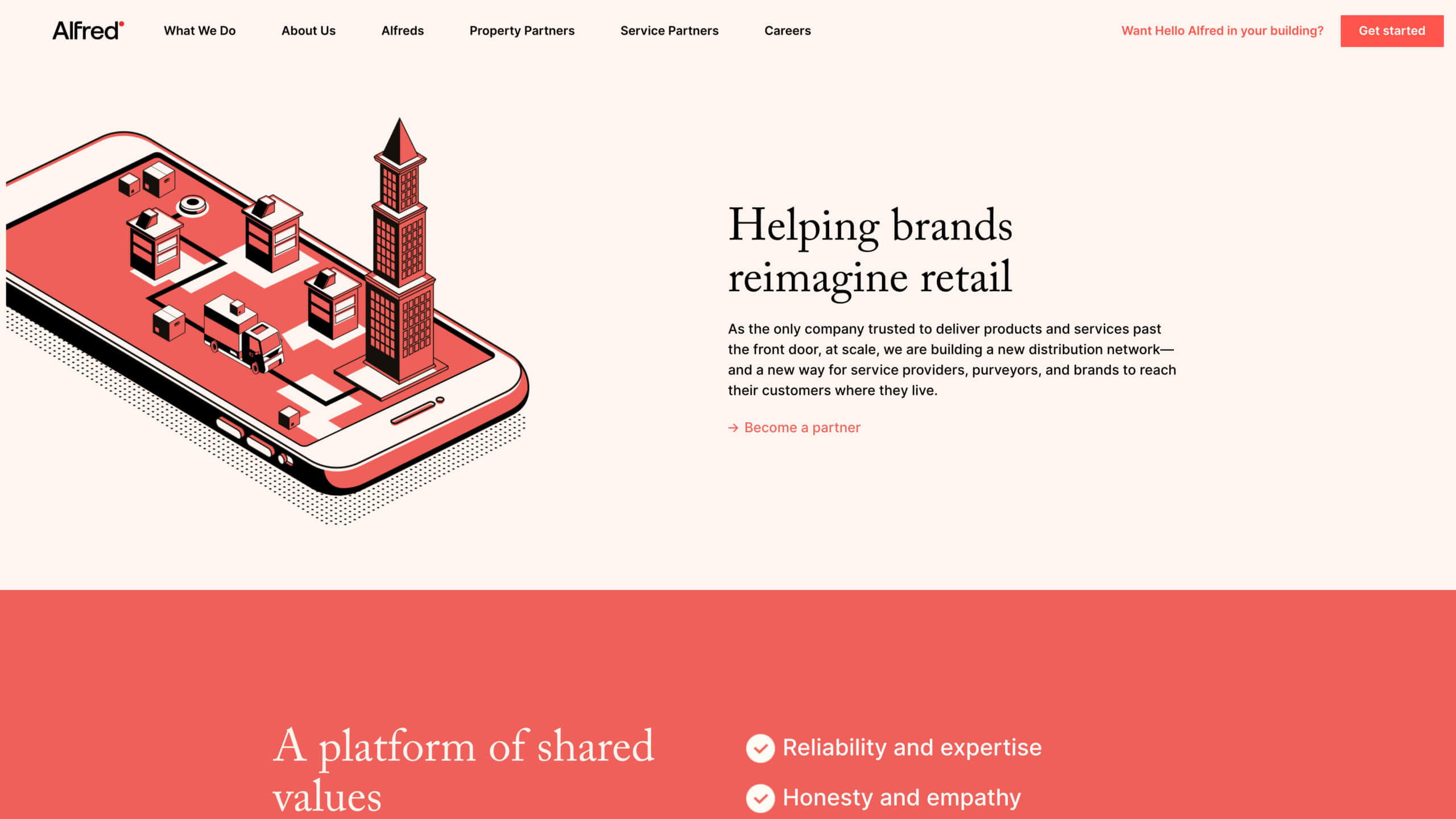
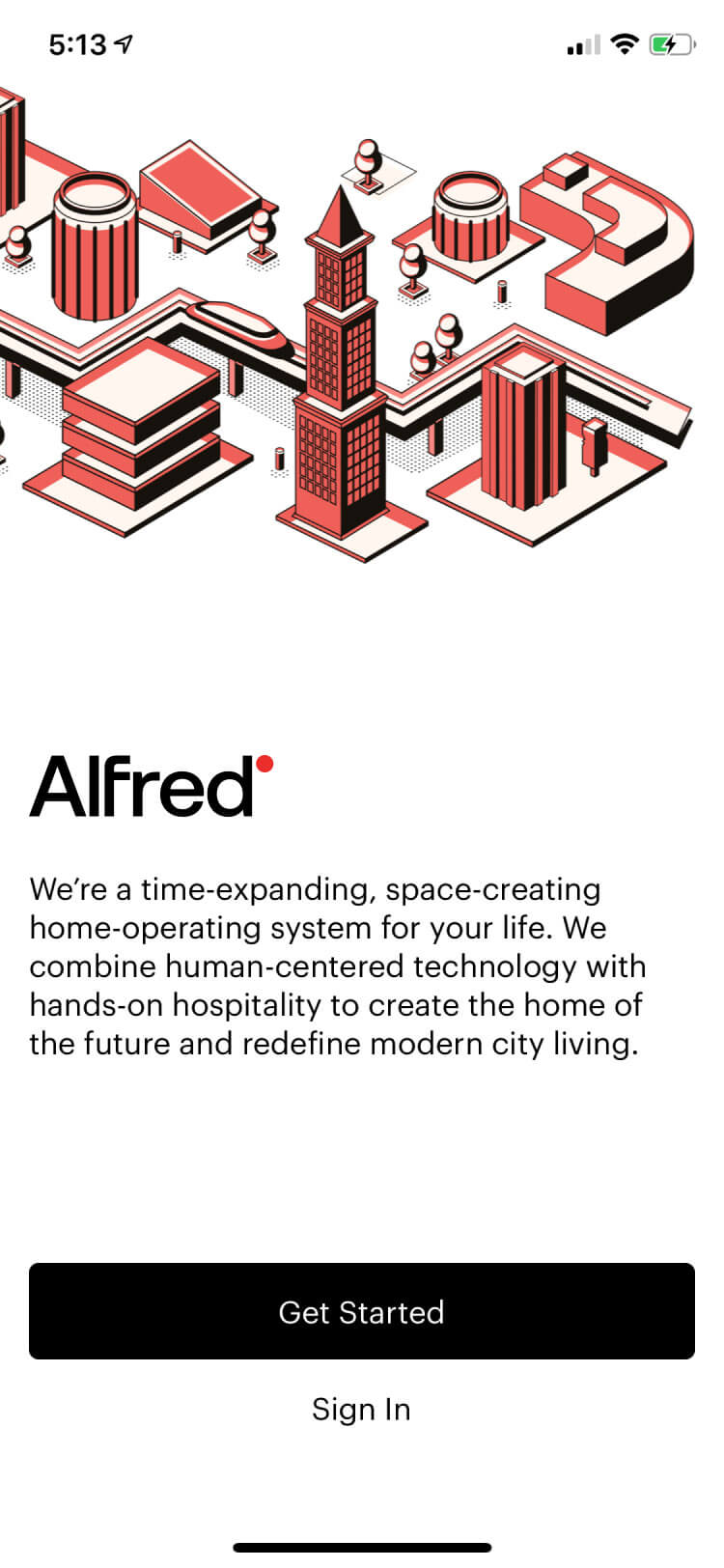
The Situation
Hello Alfred helps busy city dwellers reclaim their time so that they can come home happy. Our team joined Hello Alfred in 2017 to accompany them as they transitioned to a larger size product and technology footprint right after their Series A.
As a fast-growing startup, Hello Alfred needed an augmented team that complemented their on-site capabilities and provided the flexibility to scale up and down as needed. Concretely, we took over existing infrastructure in Elixir and iOS to help transition it to a new version of products to empower the customers, as well as Alfred’s field and operations teams.
Hello Alfred’s Context
Vision
Creating a home that anticipates you.
Why
Time is the most valuable asset we have and is not renewable. This drives everything at Hello Alfred to maintain the focus of giving people back what they treasure the most: their time.
Goals
Develop a product that would allow them to capture an improperly served market in a finite amount of time
Vision
Creating a home that anticipates you.
Goals
Develop a product that would allow them to capture an improperly served market in a finite amount of time
Why
Time is the most valuable asset we have and is not renewable. This drives everything at Hello Alfred to maintain the focus of giving people back what they treasure the most: their time.
The GBH Difference
Fast growth requires flexibility
Through leadership changes, rapid expansion, and short deadlines, we pride ourselves on our ability to morph to support evolving development principles, conditions, and cultures to deliver consistent results.
Exceptional results come from great partnership
Through leadership changes, rapid expansion, and short deadlines, we pride ourselves on our ability to morph to support evolving development principles, conditions, and cultures to deliver consistent results.
Understanding the why
Building or being part of any organization requires a deep connection with the purpose and values; that is the only way you can build a great product, which also applies to product and engineering teams.
Meet often
Every other quarter we co-sponsor our team members to fly to New York City and connect with their fellow colleagues so they can share and bond as one team. Our belief is that if you haven’t shared a meal or a drink, you’re still not a team.
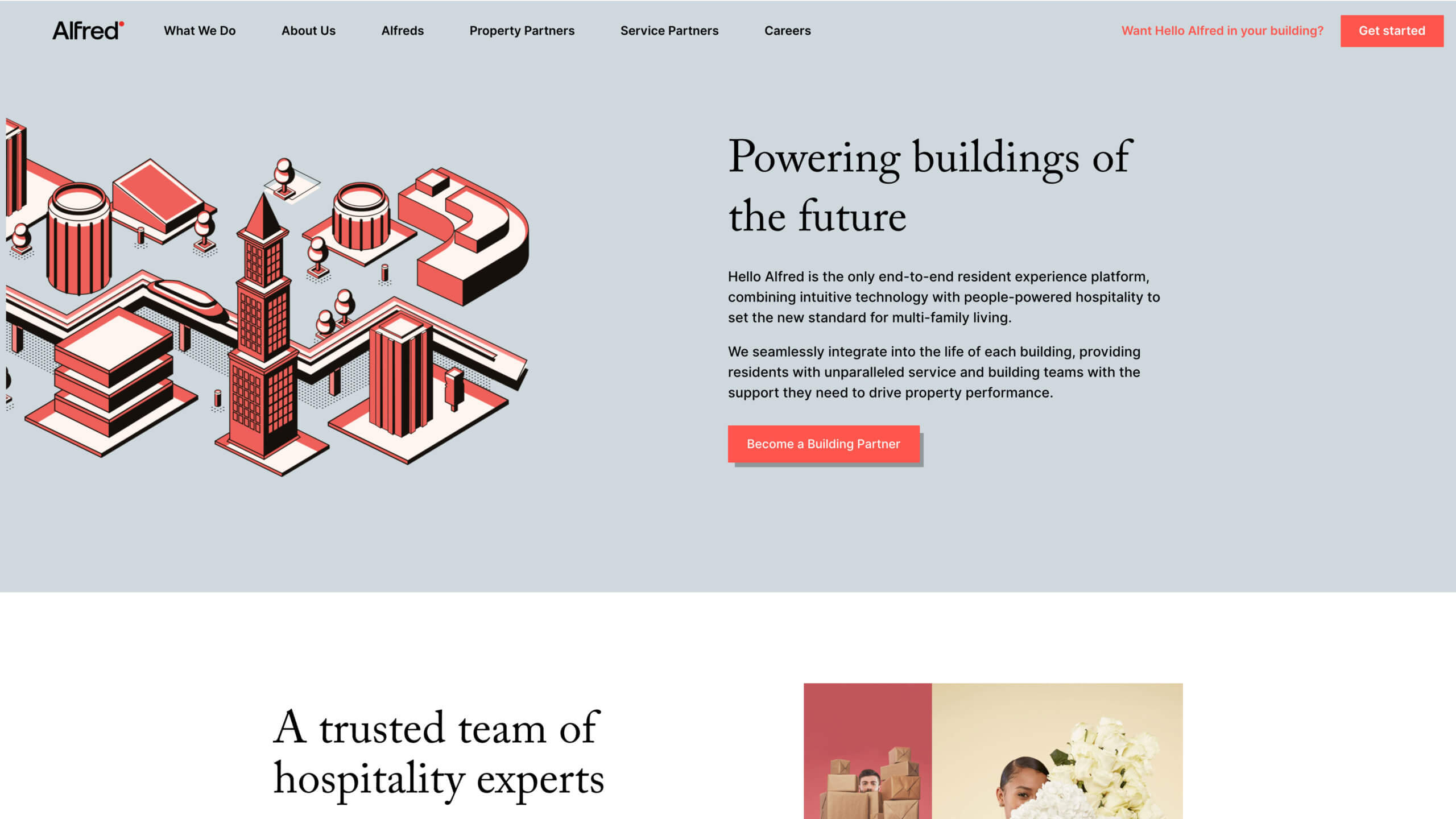
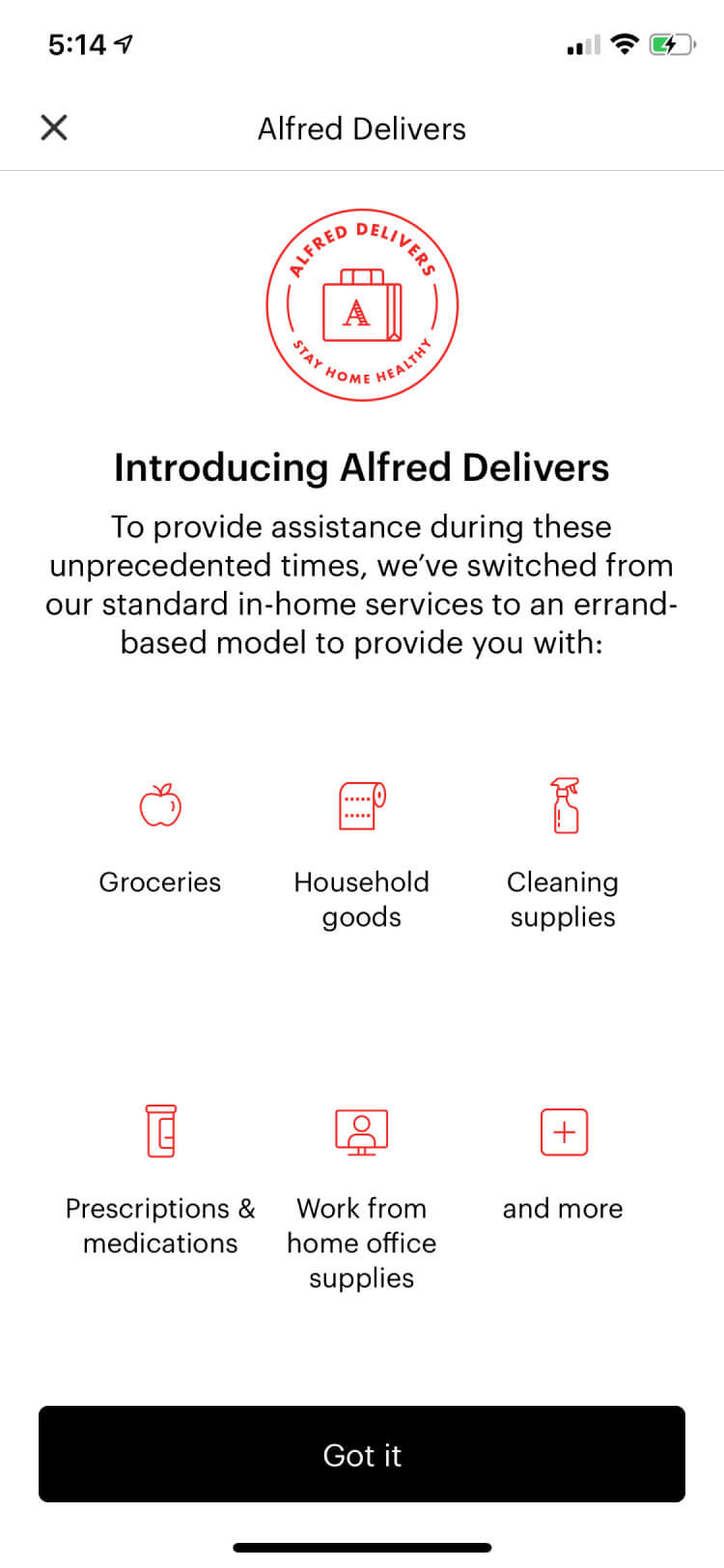
What We Did
We joined at the same time as Hello Alfred’s new CTO in 2017 and quickly adopted the company’s culture and engineering principles to build in alignment with the vision. We had a lot to achieve in a short period of time. Within a few weeks, we achieved a very high degree of productivity.
Since then, we’ve contributed in the development and release versions of Alfred’s application landscape, helped migrate from legacy technology to a cohesive JavaScript stack as well as support, when needed, DevOps and Business Analytics.
In summary, we feel and act as if we were sitting in Alfred’s headquarters.
Internal KPIs
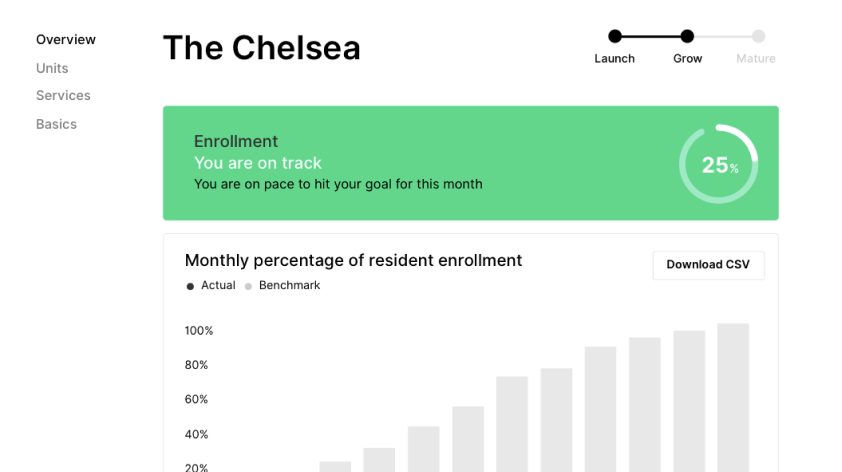

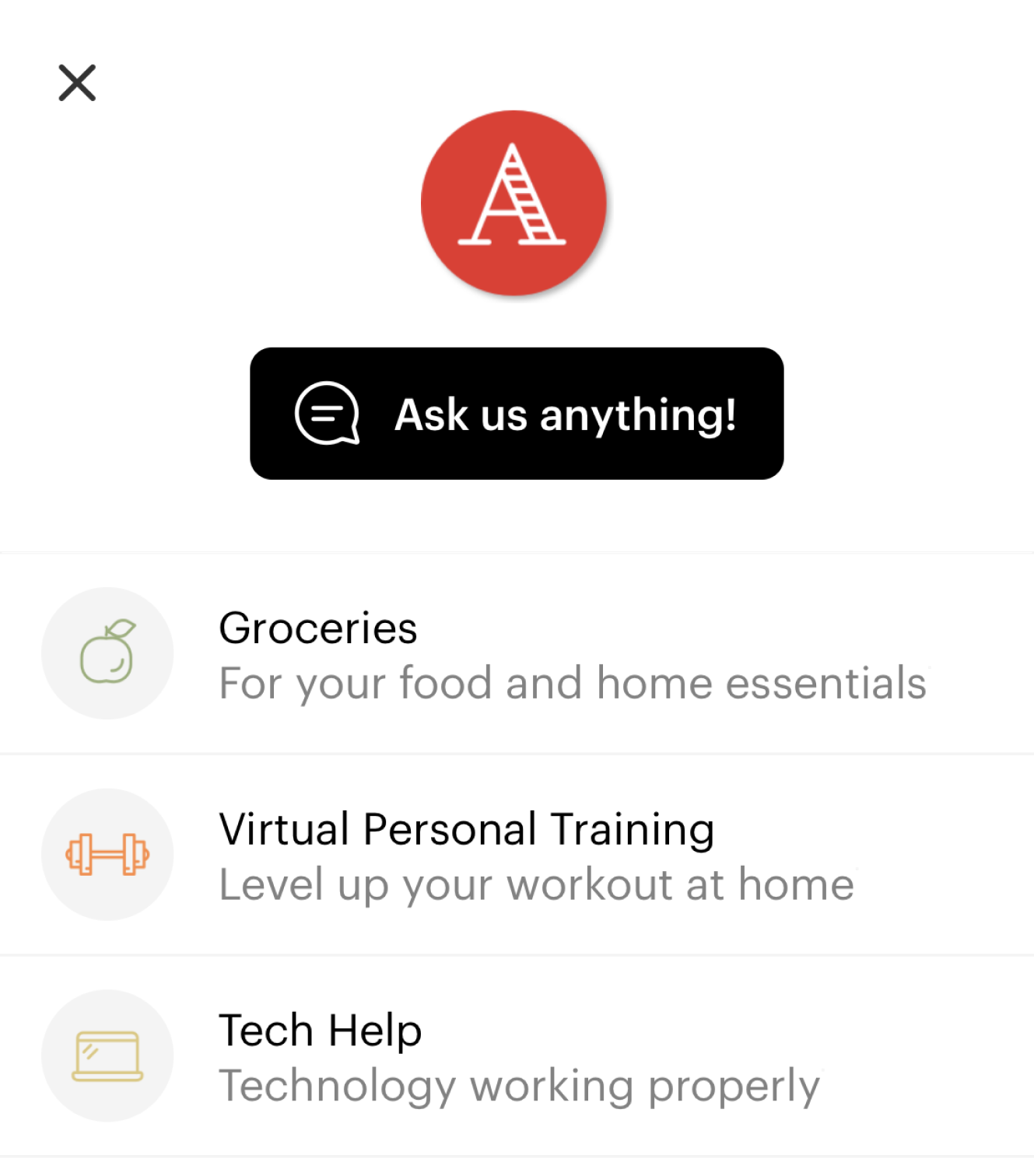
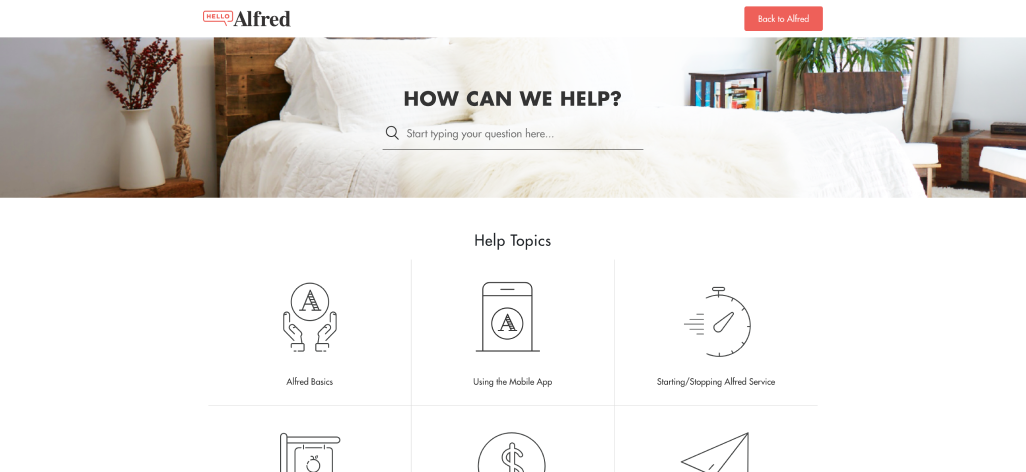

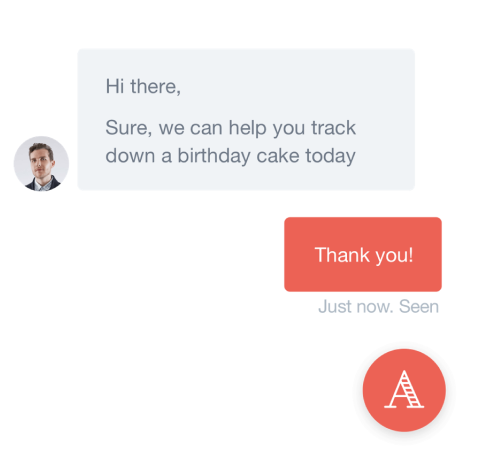
The Result
We have proudly accompanied Hello Alfred from their Series A to Series B, working flexibly with the team to drive nationwide expansion while creating a larger footprint of tech products to support it.
Today, more than 10 GBH team members alongside the New York product and engineering team work collaboratively and emphatically.
Across different tech leadership changes, we have continually supported product growth without missing a beat – adopting each new leaders’ culture and development principles to build in alignment with their vision as well as demonstrating our real approach to creating value. Because we measure our success by the impact of our work.
Commitment
In agile projects, daily standups tend to become a place where commitments are made but rarely remembered the next day. We track compromises our team makes which has proven as a great way to calibrate estimation and utilization.
Number of slack messages
We believe that communication is key for any product/project/partnership to be successful. So besides having video calls several times a day, interaction in Slack (or other messaging platforms) is very important. The more communication (not noise) there is, the better level of synchronization between teams.
Quality
We believe that what you don’t measure you can’t change. For all our teams, as part of the execution workflow, we collect data about engineering and quality assurance performance. This translates to tracking the number of times tickets are returned at the QA stage and the User Acceptance Testing (UAT) stage, which in turn allows us to flag when occurrences outside the norm happen.